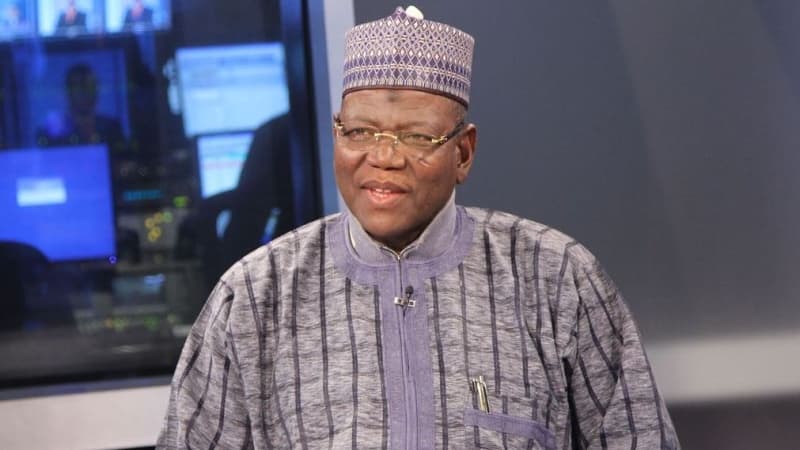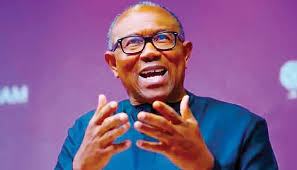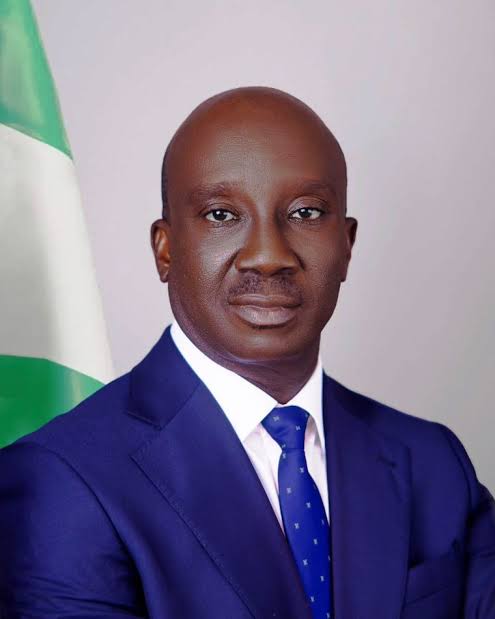Yar’Adua’s Memo Sparked Rift with Obasanjo – Sule Lamido
A recent autobiography by former Jigawa State Governor Sule Lamido has shed new light on the rift between late President Umaru Musa Yar’Adua and his predecessor, Olusegun Obasanjo. In his book, “Being True to Myself”, Lamido reveals that a memo presented by Yar’Adua to the National Council of State triggered the tension between the two former leaders.
Lamido describes both Yar’Adua and Obasanjo as stubborn, though in different ways. According to him, Yar’Adua’s stubbornness was evident in his decision to present a memo to the National Council of State, which described the 2007 presidential election as “massively irregular”. The memo sparked shock and bewilderment among council members, including Obasanjo, who had conducted the election, and Justice Katsina-Alu, who had cast the tie-breaking vote to uphold Yar’Adua’s election at the Supreme Court.
Lamido recounts that he had advised Yar’Adua against presenting the memo, warning him that it would be seen as a denunciation of his own mandate. Despite Lamido’s efforts to persuade him to revise the memo, Yar’Adua remained unmoved. Lamido believes that the memo was the linchpin in the rift that developed between Yar’Adua and Obasanjo.
The 2007 presidential election is widely regarded as one of the most flawed and opaque in Nigeria’s history, with official final results still not publicly available 18 years later. Yar’Adua, who benefited from the election, had later initiated electoral reforms, describing the poll as flawed.
Lamido also revealed that he had pleaded with Yar’Adua not to go to war with Obasanjo, citing the need to show gratitude to those who had supported him in his hour of need. Yar’Adua, however, remained resolute, revealing to Lamido that he had instructed his ADC to accede to any demand Obasanjo might make, demonstrating that he was not intent on fighting his predecessor.
The rift between Yar’Adua and Obasanjo was further strained by two other incidents, according to Lamido. The first was a debate in the National Assembly on the $16m National Independent Power Project (NIPP), which was led by a prominent PDP member and close ally of Yar’Adua. The debate gave the impression that Obasanjo had stolen the $16m and abandoned the projects.
The second incident involved a call from Yar’Adua’s Chief Security Officer, Tilde, to Lamido, suggesting that he was in Ota with Obasanjo, his “president”. Lamido was outraged by the call, which he saw as an attempt to blackmail him. He subsequently stormed into Tilde’s office, berating him for his comments and warning him that he would report him to Yar’Adua.
The incidents highlighted in Lamido’s autobiography provide a unique insight into the complex and often fraught relationships between Nigeria’s leaders. The rift between Yar’Adua and Obasanjo is seen as a significant factor in the country’s politics, with implications for the ruling party and the nation as a whole.



